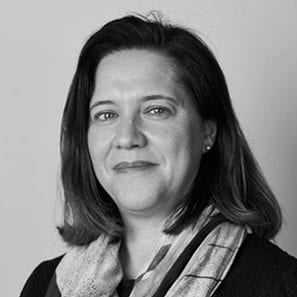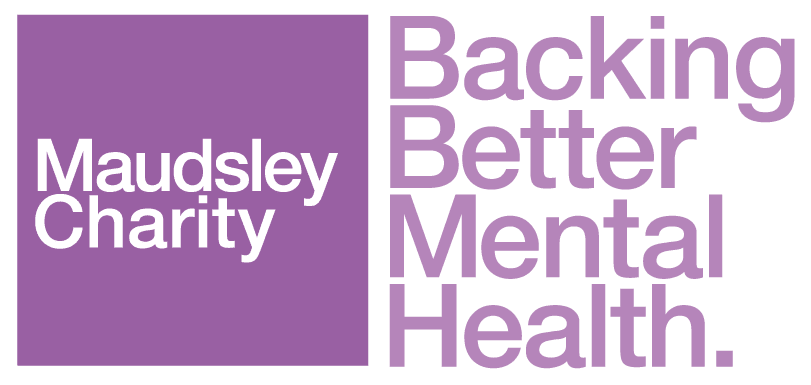
Rebecca Gray
Chief Executive, Maudsley Charity
Rebecca is chief executive of Maudsley Charity. She is responsible for developing the charity’s strategic aims, leading its involvement in major projects and overseeing grant making and governance.
“We are at the boundary, and we can use our work to bridge gaps and create change.”
These were my words in 2018 when I was interviewed in a film about the Charity. We had recently become an independent NHS charity, and our role in creating change was very much at the forefront of my thinking.
The existence of deep inequalities in relation to race and mental health were not newly discovered in 2020. We have supported projects over many years which have a focus on improving access and outcomes of care, for those who, due to direct and structural discrimination, have higher incidents of mental illness and a different experience of care.
This work has been important, but I can’t, hand on heart, say that Diversity, Equity, and Inclusion (DEI) had been adequately prioritised by the Charity, its board or me as a leader before last year. Two things shifted and increased this focus in 2020.
The first has been the powerful impact of the events of summer 2020, with murder of George Floyd and the ripples of recognition and awareness of the deep-rooted challenges which exist and our power to act.
The second, has been the passion and commitment of the charity staff –new colleagues and those who have been with us for a while – who bring their lived experience and experience of trying to drive change to their work. I am grateful for their determination; for example, prompting me to be more overt and public in my own commitment, signing up to the ACEVO principles to improve racial diversity in the charity sector.
As a mainly white organisation, in terms of our staff and current board, we can’t change without seeking, and fully listening to, views about where we have failed, what we could improve and how. Openness to admitting where we haven’t got this right – or haven’t yet done so – will be fundamental to improvement.
We are fortunate to benefit from the expertise of our colleagues in the NHS and academia like Dr Shubulade Smith CBE. Lade is a clinical director in SLaM, a visiting lecturer and researcher at KCL, and clinical director of the National Collaborating Centre for Mental Health. She had been a leading figure fighting for acknowledgment of and action on DEI across the NHS. Her presentation to our board last year made a profound impact on their understanding of some of the deep structural inequalities that impact mental health.
As I reflect on how we have come together as a team to develop our DEI statement and action plans, I have been mindful of the need to ensure we embed our principals in our organisation, and to use our power as a funder in directly funding projects which address inequalities.
Last month we contributed funding to two relevant projects. The first is supporting the development of a Patient Carer Race Equality Framework (PCREF), one of four national pilots. The second, a piece of work led by clinicians at South London and Maudsley NHS Foundation Trust and researchers at King’s College London to develop advance statements of wishes designed with and for black patients with severe mental illness.
We know that our responsibilities are not just about what we fund but how. How we understand the impact of the projects we support and ensuring equality of access to our processes and support. These will be areas for exploration, looking at best practice across the sector for the next year.
We’re working to ensure our staff and trustee team better reflect the community in which we are based, and the populations we serve. We will soon announce the appointment of three new trustees who along with phenomenal passion, expertise, skills and knowledge they have developed in their careers, mean that our board will better reflect our local community.
We are also being more clear, overt and explicit about our commitments on DEI. We are using the Association for Charitable Foundation (ACF) DEI pillars, to map out actions, key milestones and work transparently and accountably. To start this process, we have published our DEI statement which sets out our current thinking and our approach to DEI which you can read here.
Our trustees have demonstrated a commitment to learn and to understand the nature of DEI as part of our mission. Our strapline ‘backing better mental health’ has to mean understanding why some people are more likely to become ill and experience different standards of care when, and if, they receive it. We recognise these are complex, sometimes challenging and uncomfortable issues, that we won’t have all the answers to, and that we need to act.
